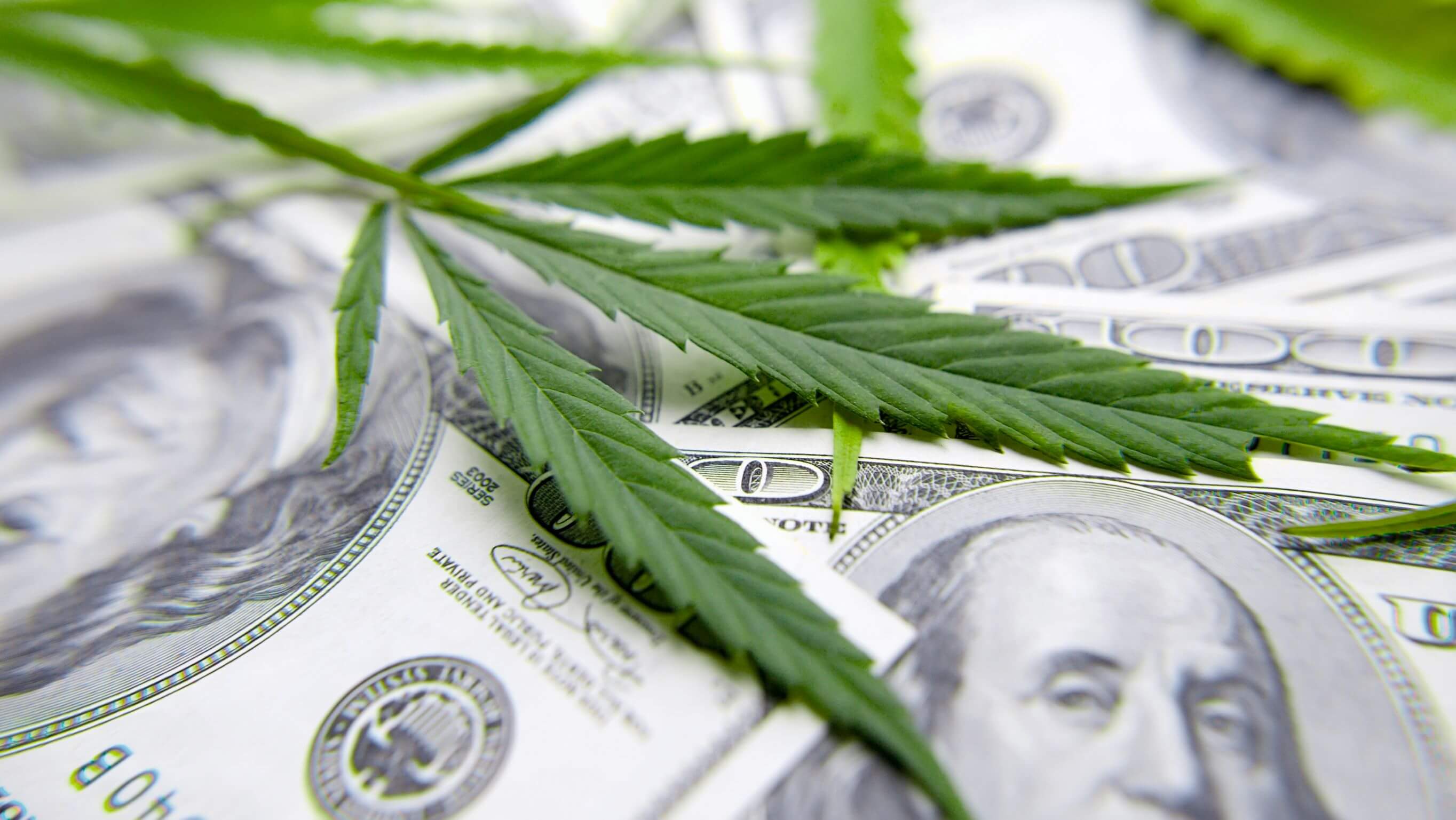Resources
Colorado state tax revenue from the legal cannabis industry surpassed $2 billion in January and the state has collected more than $88.7 million in fees.
In addition to state and local taxes and fees, cannabis businesses have an effective federal tax rate of about 70% – compared to about 26% for other businesses.
Did you know Colorado legal cannabis dispensary owners are unable to deduct normal business expenses like payroll and rent from their federal income taxes?
Marijuana has contributed over $320 Million dollars to Building Excellent Schools Today (B.E.S.T.), making up about 25% of the program's entire budget.
In FY 21-22 alone, nearly $15.3 million in state cannabis dollars went to state Affordable Housing Grant and Loans.
The Marijuana Tax Cash Fund collected $188.8 Million in FY 2021-22 alone.
In FY 21-22 alone, nearly $15 million in cannabis dollars went to the School Health Professional Grant program.
More than $15 million in cannabis dollars went to substance abuse treatment in FY 21-22.
More than $1.6 million cannabis dollars went to the Tony Grampsas Youth Services Program in FY 21-22.
Voters in 59 of 64 Colorado counties voted no on Proposition 119 sending a clear message against raising taxes on cannabis consumers.
Unlike other legalized substances, the marijuana industry has a 97% compliance rate for unauthorized sales.
Unlike alcohol, research has proven you can only get “so high.” Cannabinoid receptors in your brain eventually prevent the body from getting further intoxicated.
Did you know? Since legalization in 2005, teen use in Colorado has remained flat and is below the national average.
According to a recent poll by the Pew Research Center, more than 90% of Americans think cannabis use should be legal.
Did you know? MIG represents more than 400 cannabis business licenses across the state.
A 2021 study found that medical cannabis use was associated with clinical improvements in pain, function, and quality of life with reductions in prescription drug use.
Founded in 2010, MIG is the oldest and largest trade association for licensed cannabis businesses.
Colorado’s marijuana model has become the example for all other regulated cannabis states, and MIG works directly with policy makers to ensure that Colorado’s program is fair, tightly regulated, safe, and successful.
Safe Sales: Every marijuana sale in CO takes place on camera and requires multiple ID checks.
All regulated marijuana in Colorado is tracked from “seed to sale,” with oversight from the Marijuana Enforcement Division.
Established in 2010, MIG has led legislation for child resistant packaging, customer safety resources, and purchase restrictions for 18-20 year olds.
Marijuana is taxed at both state and local levels. This year Aurora built a new $34 Million dollar rec center, fully funded by local marijuana taxes.
The marijuana industry suffers from unfair Federal tax rules, which means that MIG members’ effective tax rates are around 71%.
A 2019 study showed that crime does not increase with legalization.
Conditions for medical marijuana
Cancer - Glaucoma - HIV or AIDS - Cachexia - Persistent muscle spasms - Seizures - Severe nausea - Any condition for which a physician could prescribe an opioid - Autism Spectrum Disorder - Severe pain - PTSD
Most marijuana businesses have access to banks, but because marijuana is still federally illegal, businesses are unable to access merchant processing services such as VISA or Mastercard.
Consuming higher potency marijuana does not lead to higher levels of impairment.
-- Journal of the American Medical Association (JAMA) 2020
71% of Colorado voters favor marijuana legalization. This has increased 10 points in the last four years alone.
Colorado Attorney General’s Office sues Colorado cannabis business for falsely marketing marijuana products as legal industrial hemp
News from Attorney General Phil Weiser
Colorado Attorney General’s Office sues Colorado cannabis business for falsely marketing marijuana products as legal industrial hemp
June 18, 2024 (DENVER) – Attorney General Phil Weiser announced today that his office filed a lawsuit against Gee Distributors, LCC and its owner, Christopher Landon Eoff, after an investigation found Eoff’s company, doing business as CBDDY, illegally sold cannabis products marketed as federally legal industrial hemp even though the products contained up to 35 times higher THC levels than allowed by law. The lawsuit is the first industrial hemp enforcement action taken by the attorney general.
“Colorado’s legal cannabis regulations are designed to protect consumers, ensure the highest safety and quality standards, and keep cannabis out of the hands of kids,” said Weiser. “In this case, the defendant recklessly sold products that were, in some cases, more potent even than what is sold in state-licensed dispensaries with little regard for requirements like lab testing and age verification. As this action shows, we will hold accountable anyone who evades Colorado cannabis laws.”
In 2018, Congress legalized the limited manufacture and sale of consumable industrial hemp and defined it as containing no more than 0.3% of the psychoactive chemical Delta-9 THC. This policy change spurred an increase in industrial hemp companies attempting to evade state regulations and taxes that would apply to recreational marijuana.
State regulators combat this illegal conduct by requiring companies selling industrial hemp to test their products at one of 12 state-certified cannabis testing labs. The lab issues a certificate of analysis like those used for recreational and medical marijuana to give consumers valuable information about the content of those products. While legitimate industrial hemp businesses are not required to provide certificates of analysis to consumers, the failure to properly disclose the psychoactive content of these products can result in consumers experiencing unwanted intoxication, employment issues due to failed drug tests, or even unknowingly breaking the law.
According to the attorney general’s lawsuit filed in Weld County District Court on June 11, CBDDY, which was in Greeley and mostly operated online during the time the company was active in Colorado, sold edible cannabis products, smokeable cannabis flower, and high-THC concentrates to people in Colorado and across the country. Though the company claimed their products were industrial hemp, even going so far as to claim they were “100% compliant” with federal law, analysis of samples that investigators purchased from the company revealed THC content far higher than legal limits.
Adding to the company’s deceptive practices, investigators found CBDDY forged or altered certificates of analysis to misrepresent its products as legal. The investigation also revealed the company failed to properly verify the age of customers and made false and illegal claims of health benefits. Many of the company’s products are also improperly marketed in forms, flavors, and with imagery designed to appeal to children.
The attorney general is asking the court to bar the defendants from continuing to deceptively market their products, and to pay civil penalties and restitution for their repeated violations of the Colorado Consumer Protection Act. This case marks the first enforcement action under authority granted to the attorney general by the state legislature in 2022.
Consumers who believe companies are engaged in deceptive business practices are encouraged to file a complaint with the attorney general at StopFraudColorado.gov.








